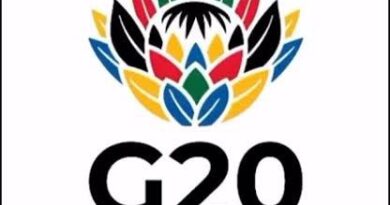Kenyan Ride-Hailing Drivers Strike Over Low Pay and High Costs
On July 16, taxi operators in Kenya went on strike for the fourth time since 2020, protesting low pay and unfair working conditions from ride-hailing companies Uber and Bolt. Despite promising better earnings for drivers upon launching in 2015, drivers have seen their incomes decline while passengers enjoy cheap rides.
“A 25km trip is about KES1,000 ($7.52). When you deduct the 18% commission paid to the company and other charges, you’re left with very little even to service the car,” said Steve Mutisya, a 35-year-old driver.
After deducting fuel, service fees, and VAT, Mutisya is left with approximately KES 569 ($4.33) per trip. “My car consumes one litre per 20km. If you do the math, you will see how little money I make at the end of the month, yet I have a young family,” he added.
In 2022, Uber and Bolt reviewed trip prices after the Ministry of Transport capped the companies’ commissions at 18%. However, rising fuel and vehicle maintenance costs have pushed operators to the brink. Petrol prices have increased by up to KES50 ($0.37) per litre, and vehicle maintenance costs have surged due to a 10% increase in import duties and a 20% excise tax on spare parts.
“In 2022, brake pads would cost me KES1,200 ($9) and a good service between KES6,000 ($45) to KES10,000 ($75). Today, brake pads alone go for KES6,000,” Mutisya said. The high maintenance costs have led some insurance companies to stop covering popular car models like Suzuki Alto, Honda Fit, and Mazda Demio.
Taxi drivers who took loans to buy cars are now struggling with unaffordable debt. Kenya’s transport industry accounts for KES45.6 billion ($3.3 billion) of the banking sector’s KES651.8 billion ($4.9 billion) non-performing loans, according to the Central Bank of Kenya (CBK).
“I took a KES120,000 ($902) loan to top up my savings for this car. I had to ask for help from family to clear the debt because the money I was getting could not,” said John Munyao, a Bolt driver in Nairobi.
The Ridehail Transport Association is advocating for the inclusion of drivers in setting minimum and base fares. “The person who sets the prices doesn’t bear the cost of running the business,” said Zakaria Mwangi, secretary general of the association. “Ultimately, the taxi apps determine the cost of each trip, not the driver.”
Uber and Bolt did not immediately respond to email requests for comments.
Source: TechCabal



